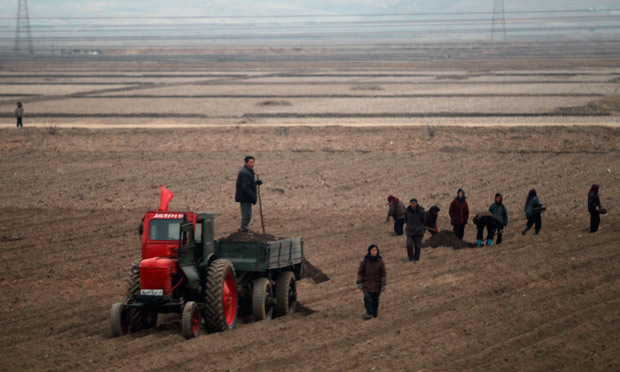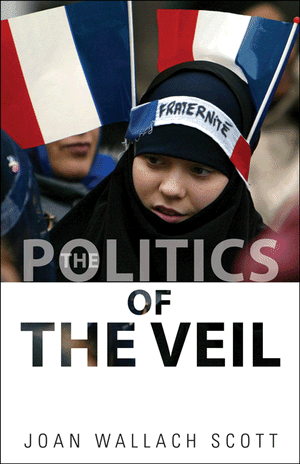3. How does the author come to the conclusion that “rather than
resolving the problem of integrating Muslims into French society, the law
banning headscarves has exacerbated it”? (179)
 In the conclusion of The Politics of the Veil Wallach believes that the French
may have good intentions with trying to implement Muslim women into their
society but the idea of banning the veil, a religious staple in Muslim culture
may be distasteful to some. The author went on to say that “surely there are
better ways to deal with terrorism than banning someone’s headwear.” But
looking at a different perspective Wallach stated that as the French are trying
to implement the idea of equality for all and getting more women into jobs and
careers the Muslim religion doesn’t believe in equal rights for women. French
people view Muslims who think this way as inferior or less evolved. But what we’ve
learned throughout the course of the semester is the idea of the 30 basic human
rights. Crafted by then first lady Eleanor Roosevelt and a host of other
foreign diplomats in the UN back in 1948, these rules or guidelines were put
into place to make sure that the average global citizen could live a stress
free life. In article 2 of the document it states that Everyone
is entitled to all the rights and freedoms set forth in this Declaration,
without distinction of any kind, such as race, color, sex, language, religion,
political or other opinion, national or social origin, property, birth or other
status. Some would say after looking at this that France and arguable
the United States are going against this very right by controlling what people
wear and discriminating people based on what religions they practice. Its our
job as global citizen to learn from each other, respect one another and take on
anyone who seeks out terror on this world for personal gains. Basically what
Wallach is saying in the Politics Of The Veil is that the French should do a
better job of respecting ones religion and its up to the people who practice
the Muslim religion to be more current with the times and allow more equality
and opportunity for their women. Recently Saudi Arabia just had its first
election where women were legally allowed to vote and make a difference and I
believe this is a massive step towards the right direction, an inclusive one.
In the conclusion of The Politics of the Veil Wallach believes that the French
may have good intentions with trying to implement Muslim women into their
society but the idea of banning the veil, a religious staple in Muslim culture
may be distasteful to some. The author went on to say that “surely there are
better ways to deal with terrorism than banning someone’s headwear.” But
looking at a different perspective Wallach stated that as the French are trying
to implement the idea of equality for all and getting more women into jobs and
careers the Muslim religion doesn’t believe in equal rights for women. French
people view Muslims who think this way as inferior or less evolved. But what we’ve
learned throughout the course of the semester is the idea of the 30 basic human
rights. Crafted by then first lady Eleanor Roosevelt and a host of other
foreign diplomats in the UN back in 1948, these rules or guidelines were put
into place to make sure that the average global citizen could live a stress
free life. In article 2 of the document it states that Everyone
is entitled to all the rights and freedoms set forth in this Declaration,
without distinction of any kind, such as race, color, sex, language, religion,
political or other opinion, national or social origin, property, birth or other
status. Some would say after looking at this that France and arguable
the United States are going against this very right by controlling what people
wear and discriminating people based on what religions they practice. Its our
job as global citizen to learn from each other, respect one another and take on
anyone who seeks out terror on this world for personal gains. Basically what
Wallach is saying in the Politics Of The Veil is that the French should do a
better job of respecting ones religion and its up to the people who practice
the Muslim religion to be more current with the times and allow more equality
and opportunity for their women. Recently Saudi Arabia just had its first
election where women were legally allowed to vote and make a difference and I
believe this is a massive step towards the right direction, an inclusive one. 










